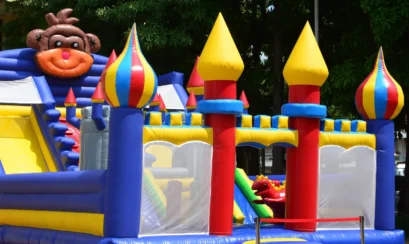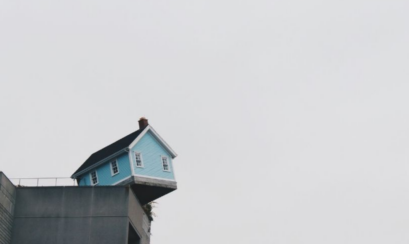There is good news for neighbours of rowdy, poorly managed short-term rental accommodation in NSW, with a new Exclusion Register to prevent guests and hosts with two serious breaches of the Code of Conduct in a two-year period, from participating in the industry.
What is the Exclusion Register?
Since August 2022, bad renters and bad hosts can be placed on the Department of Fair Trading’s Short-Term Rental Accommodation (STRA) Exclusion Register.
The Exclusion Register is a list, managed by NSW Fair Trading, of hosts and guests who are banned from participating in the STRA industry if they are involved in repeated breaches of the NSW Code of Conduct covering short-term rentals.
Code of Conduct for short-term rental accommodation industry
As the short-term rental accommodation industry has grown in Australia, the government has introduced legislation with new powers to regulate the industry. (Please see Fair Trading Amendment (Short-term Rental Accommodation) Act 2018 No 41.)
NSW now has a code of conduct for the short-term rental accommodation industry. (Please see New short-term rental laws in NSW – Code of Conduct, fire safety standards and STRA Register.)
The code was introduced in 2020, spelling out minimum standards of behaviour for guests in short-term rentals. It aimed to crack down on the antisocial boozy parties that upset neighbours and damaged property, including common property in strata buildings.
Under the code, guests are held responsible for the actions of their visitors and owners are answerable to their neighbours for the behaviour of their guests.
How does the Exclusion Register work?
The code provides formal avenues for complaints and dispute resolution. Neighbours must be able to contact the owner or their agent with any complaints.
If a guest or host commits two breaches of the code within two years, they can be placed on the Exclusion Register for five years. During this time they are barred from letting or renting holiday premises.
Penalties can be severe. Breaches of the code can lead to fines of up to $110,000 for a corporation or $22,000 for an individual. Being barred from short-term letting of a property for five years may also be a considerable financial loss.
Can you appeal if you are listed on the Exclusion Register?
If a renter or property owner finds themselves being fined or placed on the Exclusion Register and feels they have been treated unfairly, it would be worth getting legal advice on avenues to challenge the ban.
Fair Trading can hold an internal review of the decision. An application for review should say why the decision was unreasonable, unfair or incorrect and can include material supporting the review application.
A lawyer can help you present your best case. There are legal requirements for the application to be valid, including time limits. If the Fair Trading internal review fails, it is possible to seek a review by the NSW Civil and Administrative Tribunal.














